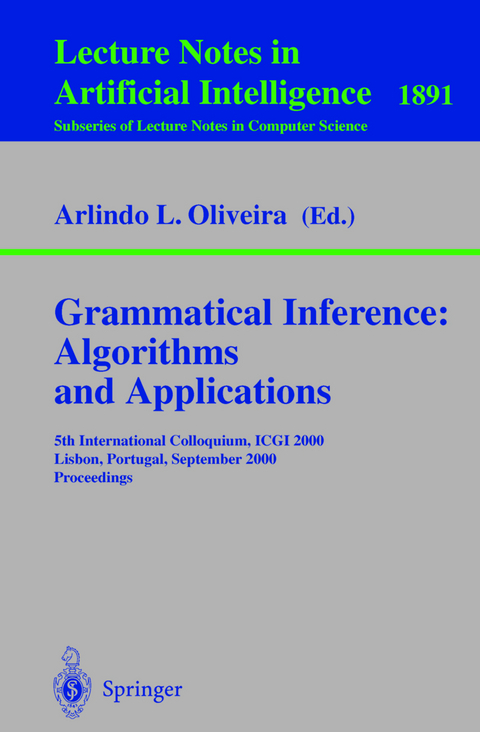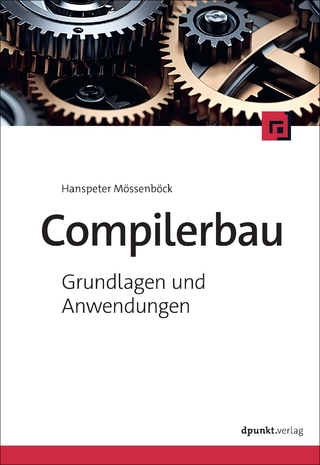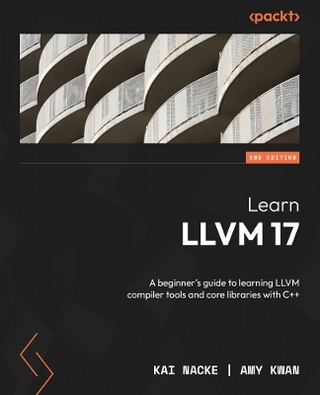
Grammatical Inference: Algorithms and Applications
Springer Berlin (Verlag)
978-3-540-41011-9 (ISBN)
Inference of Finite-State Transducers by Using Regular Grammars and Morphisms.- Computational Complexity of Problems on Probabilistic Grammars and Transducers.- Efficient Ambiguity Detection in C-NFA.- Learning Regular Languages Using Non Deterministic Finite Automata.- Smoothing Probabilistic Automata: An Error-Correcting Approach.- Inferring Subclasses of Contextual Languages.- Permutations and Control Sets for Learning Non-regular Language Families.- On the Complexity of Consistent Identification of Some Classes of Structure Languages.- Computation of Substring Probabilities in Stochastic Grammars.- A Comparative Study of Two Algorithms for Automata Identification.- The Induction of Temporal Grammatical Rules from Multivariate Time Series.- Identification in the Limit with Probability One of Stochastic Deterministic Finite Automata.- Iterated Transductions and Efficient Learning from Positive Data: A Unifying View.- An Inverse Limit of Context-Free Grammars - A New Approach to Identifiability in the Limit.- Synthesizing Context Free Grammars from Sample Strings Based on Inductive CYK Algorithm.- Combination of Estimation Algorithms and Grammatical Inference Techniques to Learn Stochastic Context-Free Grammars.- On the Relationship between Models for Learning in Helpful Environments.- Probabilistic k-Testable Tree Languages.- Learning Context-Free Grammars from Partially Structured Examples.- Identification of Tree Translation Rules from Examples.- Counting Extensional Differences in BC-Learning.- Constructive Learning of Context-Free Languages with a Subpansive Tree.- A Polynomial Time Learning Algorithm of Simple Deterministic Languages via Membership Queries and a Representative Sample.- Improve the Learning of Subsequential Transducers by Using Alignments andDictionaries.
| Erscheint lt. Verlag | 1.9.2000 |
|---|---|
| Reihe/Serie | Lecture Notes in Artificial Intelligence | Lecture Notes in Computer Science |
| Zusatzinfo | VIII, 316 p. |
| Verlagsort | Berlin |
| Sprache | englisch |
| Maße | 155 x 233 mm |
| Gewicht | 463 g |
| Themenwelt | Mathematik / Informatik ► Informatik ► Programmiersprachen / -werkzeuge |
| Informatik ► Theorie / Studium ► Compilerbau | |
| Schlagworte | Algorithm analysis and problem complexity • Algorithmic Learning • algorithms • Automat • Automata • computatiional linguistics • Computational Linguistics • context-free grammars • context-free languages • Grammatical Inference • learning • Learning Algorithms • Linguistics • machine learning • NATURAL • pattern recognition • probabilistic grammars • Statistical Learning |
| ISBN-10 | 3-540-41011-2 / 3540410112 |
| ISBN-13 | 978-3-540-41011-9 / 9783540410119 |
| Zustand | Neuware |
| Haben Sie eine Frage zum Produkt? |
aus dem Bereich


